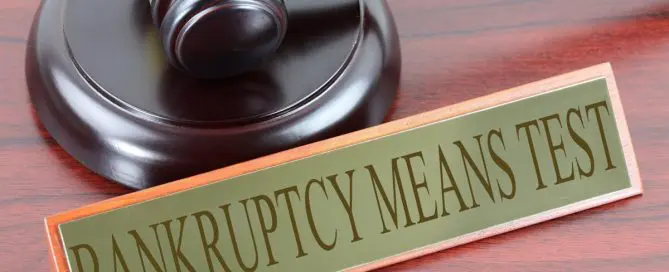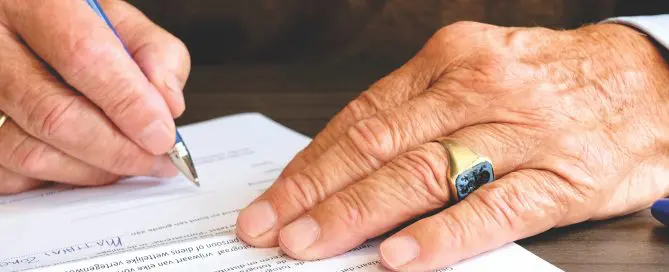Will a person lose all of his property if he files under Chapter 7?

Your trustee can seize certain property for up to 6 months after you file bankruptcy. These include your tax return, inheritance, settlement payouts, gambling winnings, and security deposits.
If I file for bankruptcy, will I lose my home?

If you are renting your home, you should keep paying your rent as you will not lose your lease in the bankruptcy. Your landlord will not be notified of your filing. You should let your attorney know about any security deposits or similar funds owed to you.
What is a Bankruptcy Means Test?
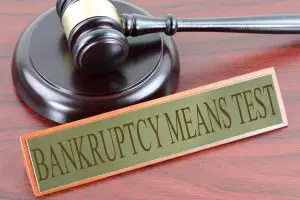
If you don’t pass this test, you will be disqualified from filing a Chapter 7 bankruptcy. A Chapter 13 bankruptcy is a 3 to 5 year repayment of some of your debts, which is available for those who don’t qualify for a Chapter 7 bankruptcy.
Who presides over the Bankruptcy Court in Arizona?
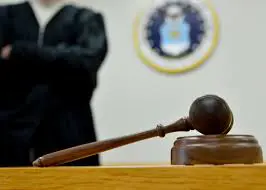
What is a 341 Hearing in Bankruptcy?
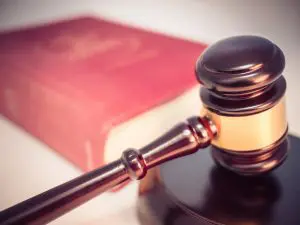
Will I have to go to court if I Decide to File Bankruptcy in Gilbert?

May a husband and wife file jointly under Chapter 7 in Gilbert, Arizona?
 A husband and wife may file their case jointly in a Gilbert Chapter 7 bankruptcy. Filing jointly will discharge both debts the couple had incurred before and during the marriage. Additionally, one member of the couple may file the case singly, but that spouse will only be protected from enforcement on any of the community debts as long as they are married. Therefore, you should consult with an experienced Gilbert bankruptcy attorney to determine which of your assets are community and which are separate property. Furthermore, the non-filing spouse will also still have to provide information such as pay-stubs and tax returns for the other spouse’s bankruptcy. Also of note, the filing fee and credit counseling course fees are the same for joint and single filing.
A husband and wife may file their case jointly in a Gilbert Chapter 7 bankruptcy. Filing jointly will discharge both debts the couple had incurred before and during the marriage. Additionally, one member of the couple may file the case singly, but that spouse will only be protected from enforcement on any of the community debts as long as they are married. Therefore, you should consult with an experienced Gilbert bankruptcy attorney to determine which of your assets are community and which are separate property. Furthermore, the non-filing spouse will also still have to provide information such as pay-stubs and tax returns for the other spouse’s bankruptcy. Also of note, the filing fee and credit counseling course fees are the same for joint and single filing.What is an “Automatic Stay”?

Contact Us
PHONE
602-609-7000
HOURS:
Monday-Thursday 8:00 AM – 7:00 PM
Friday: 8:00 AM – 6:00 PM
Evening and Weekend hours available by appointment
EMAIL
[email protected]



